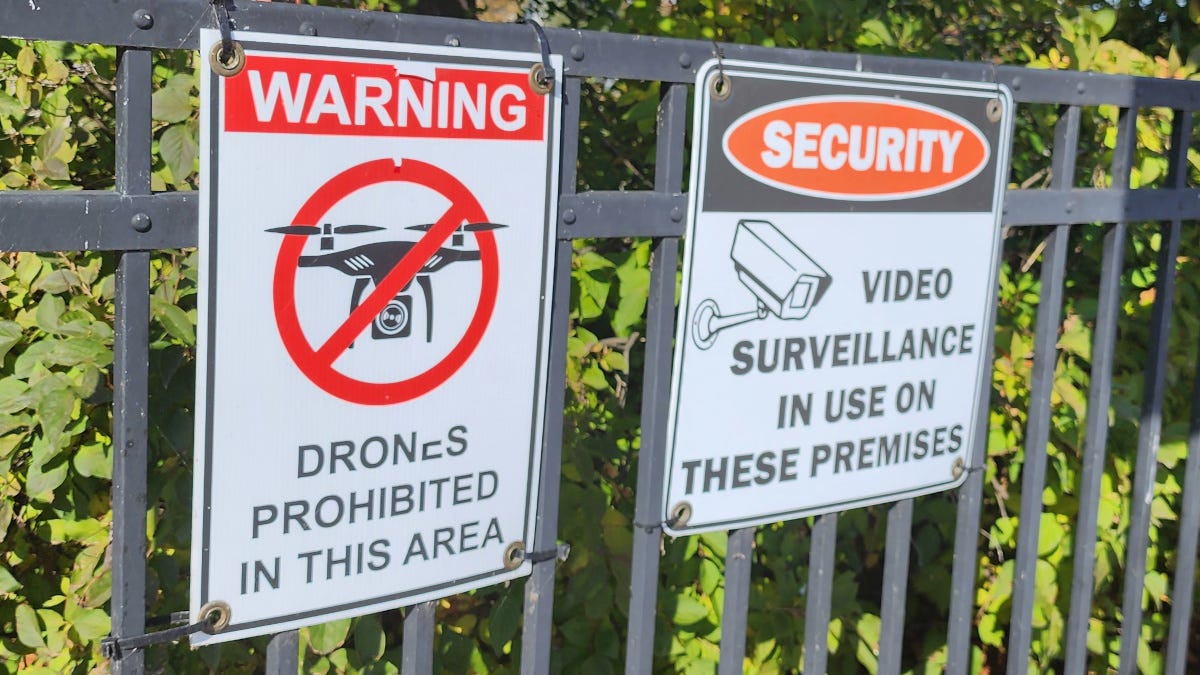The drone problem
On self-absorbed celebrities, fluoride in the water, and the huge hazard of drone attack that nobody in America seems prepared to consider
One of the things that should land near the top of any list of problems that should keep thoughtful public leaders awake at night is the risk that someone is going to weaponize a remotely-piloted aircraft and use it to cause harm to a large gathering of people. Hampering efforts in this regard appears to be a dreadfully murky legal framework that doesn't appear to shed any of the much-needed light on who bears responsibility or authority to do anything about it.
■ The vast majority of drone applications are harmless or even helpful. But the lack of a framework for deciding how to do things like protecting large gatherings with some kind of anti-aerial defense is an unconscionable omission. A thing that is 99.999% good but that happens a million times still needs some kind of framework for addressing the bad.
■ This is one of the problems that emerges from letting our political debates be driven by individuals who are chronically dishonest, self-absorbed, and prone to fabulism. The more we let crazy talk set the agenda and crowd out real policy discussions, the more we hobble ourselves from preparing for the problems of the future.
■ Our problems don't get easier to solve just because we ignore them, nor because crazy talk gains more click traffic than sober debates. Making politics into a form of entertainment is an act of civic self-harm.
■ We have lunatics reviving long-debunked conspiracy theories about fluoride in drinking water instead of serious proposals to keep people safe from a threat like drone attack -- a threat that is obviously already serious (see how Russia has been using them to assault Ukraine) and utterly certain to become even more hazardous with time. There is a real cost to letting carelessness and unseriousness prevail in politics -- unfortunately, it's not always obvious what that cost is until it's too late.



